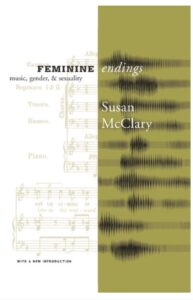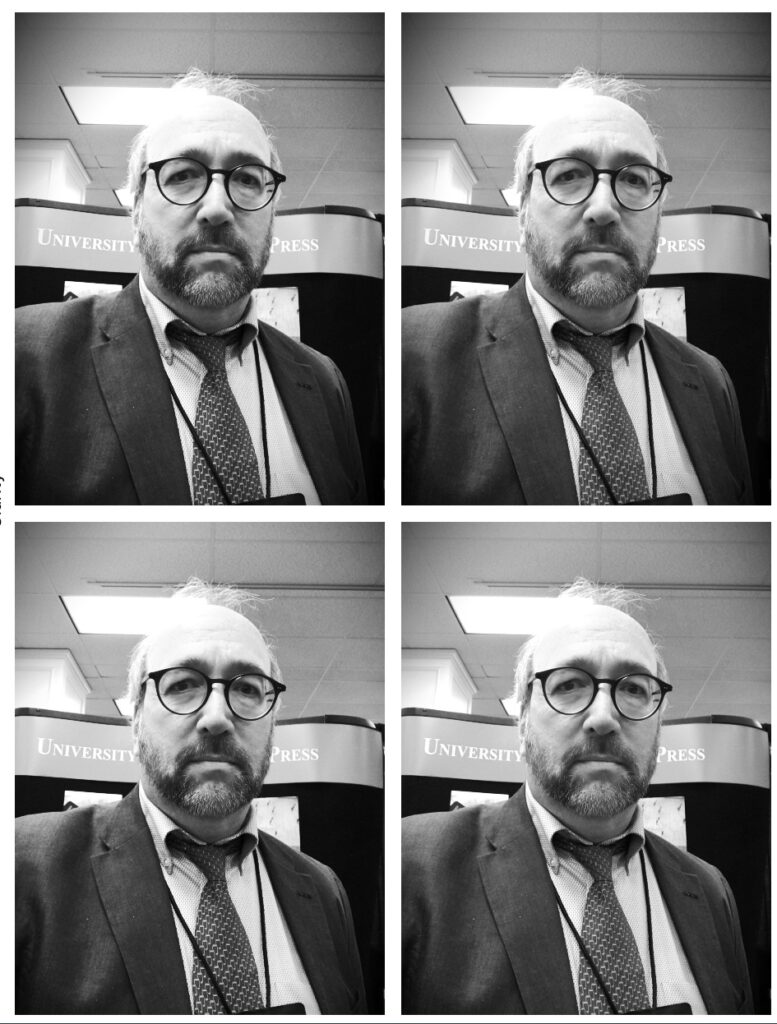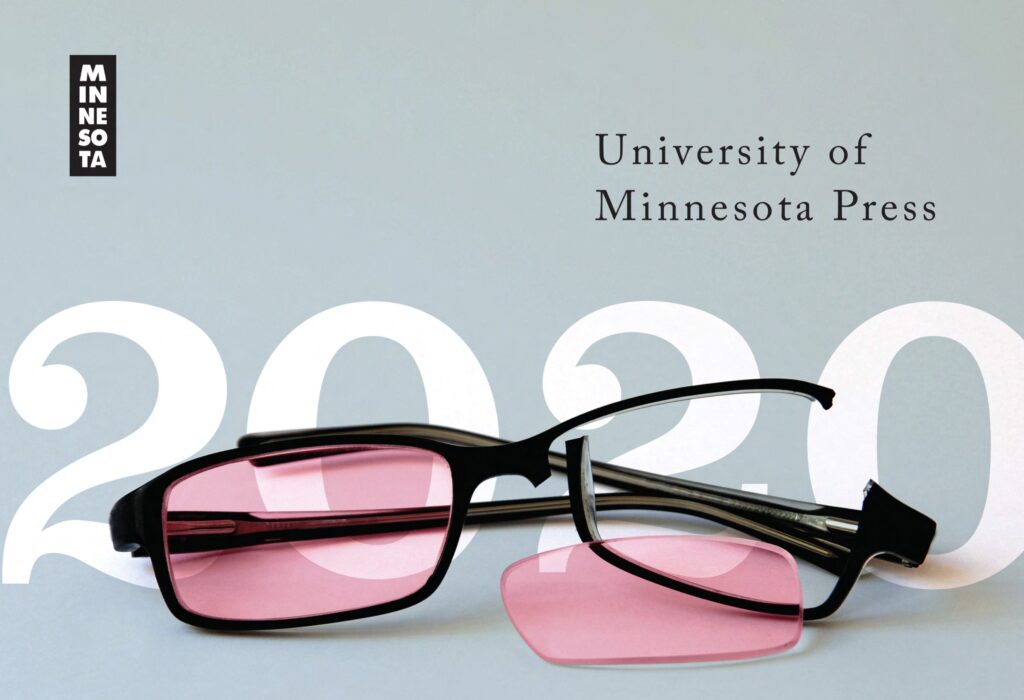This episode is another in the series of Conversations with Publishers, which aims to find out more about the people who decide what gets published. Our guest is Doug Armato, director of the University of Minnesota Press, a post he has held since 1998, and in the interview we talk about his career both before and after his arrival in Minneapolis.
The University of Minnesota Press was established 1925. On its website, it says: ‘Minnesota is a midsize university press.’ If so, it would be fair to say it punches well above its weight in terms of reputation and impact.
Its best-selling title is Terry Eagleton’s Literary Theory: An Introduction, which has sold more than 250,000 copies since it was published in 1983. I’m exactly the right generation to have been excited about that book’s appearance. But the first time I was really aware of the Minnesota name on a book was in the early 1990s, when the press published musicologist Susan McClary’s Feminine Endings: Music, Gender, and Sexuality. As the blurb for the second edition says:

I was then at the start of my own career in publishing and I remember buying McClary’s book and being excited by that bold ‘intermingling’ and realising Minnesota was clearly a publisher to watch.

I won’t summarise here the evolution of the press in the years since, as you can hear all about it in the interview with Doug. Suffice to say, if you open their fall catalog, you’ll find, in addition to the academic works of social and cultural thought for which they’re best known, new fiction, children’s books, cookery, titles of regional interest, and work in translation from Balzac and Derrida to the first part of a tetralogy by little-known Norwegian writer who won the 1928 Nobel prize for her epic novels about the Middle Ages.

We also talk about Manifold, a project the press describes as ‘an innovative platform to publish and read open-access books online’ and a way to extend the reach of academic publishing.
I began the interview by asking Doug about the past few months and the transition to remote working, which the press implemented over the course of four days this spring.
